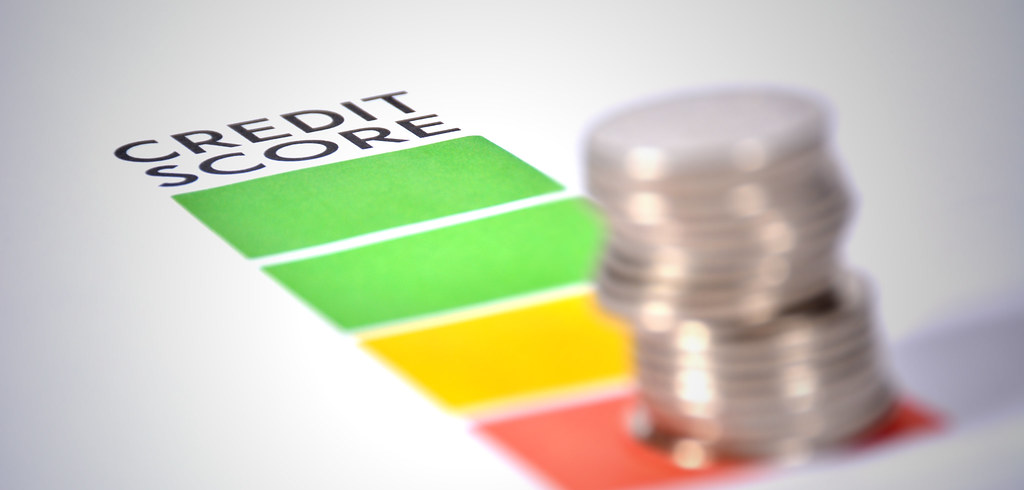Make no mistake about it. Bankruptcy is nasty. You’d have to go through a liquidation proceeding mediated by a third party between yourself and your creditors. The goal is to convert all available assets to cash and distribute the proceeds to your remaining creditors.
Bankruptcy, of course, is a necessary evil most of the time. It gives you or your business protection through a court of law from creditors who wants to collect on debts that you probably couldn’t afford. However, it does have some effects on your credit score and how easily you can apply for credit afterwards.
Personal Credit Score Will Be Affected in Some Cases, But Not All
As discussed in a previous article, company or business debts are distinct and separate from personal accounts. If your business has been incorporated, you and your partners will not have to worry about your personal credit scores being affected by bankruptcy.
However, if one or two of you have pledged a guarantee to your creditors to personally shoulder debts in case you go under and default, then you will be personally liable. Failure to settle these accounts and allowing them to go to collection will negatively impact your personal credit score.
You’d also be impacted by a declaration of bankruptcy if you’re a solo entrepreneur. Sole proprietary does not come with separate of debts, thus, any business loan default or bankruptcy will appear in your personal credit score.
It Will Lower Your Credit Score, But It Depends on Which Debts
Measuring credit score is done by collating different data together, and by the gravity of your bankruptcy.
While it’s accurate that you will slide down the figurative ladder of scoring when you apply for bankruptcy, the actual number of points you lose will depend on the gravity of your circumstances.
In other words, the credit bureaus will look at the ACTUAL amount of money that you owe and would need to be settled through a bankruptcy proceeding. If you owe only one or two creditors whose collective accounts are on the low part of five or four figures, then the drop is not that significant.
It Will Leave a Mark on Your Credit Report… For a Few Years
Unlike normal debts, debts that have been refinanced by bankruptcy proceedings will remain on your credit report. Potential creditors will see that you have declared bankruptcy, but only for a specific period of time.
It’s unclear how many years they actually remain on your report, but you can expect your report to carry bankruptcy-related accounts to be visible for at least five to ten years. Of course, it’s not the end of the world. While these accounts remain, you can continue to strengthen your credit report by paying off any existing debts in your account.
While five to ten years may feel like a lifetime for credit reports to carry bankruptcy accounts, bear in mind that it is still within your control. You can rebuild your credit score slowly over time, and those bankruptcy reports will just be a small ink on the paper next to your good payment records.





